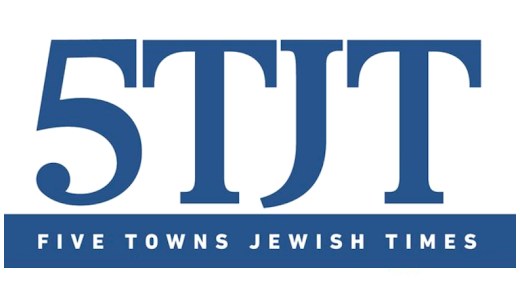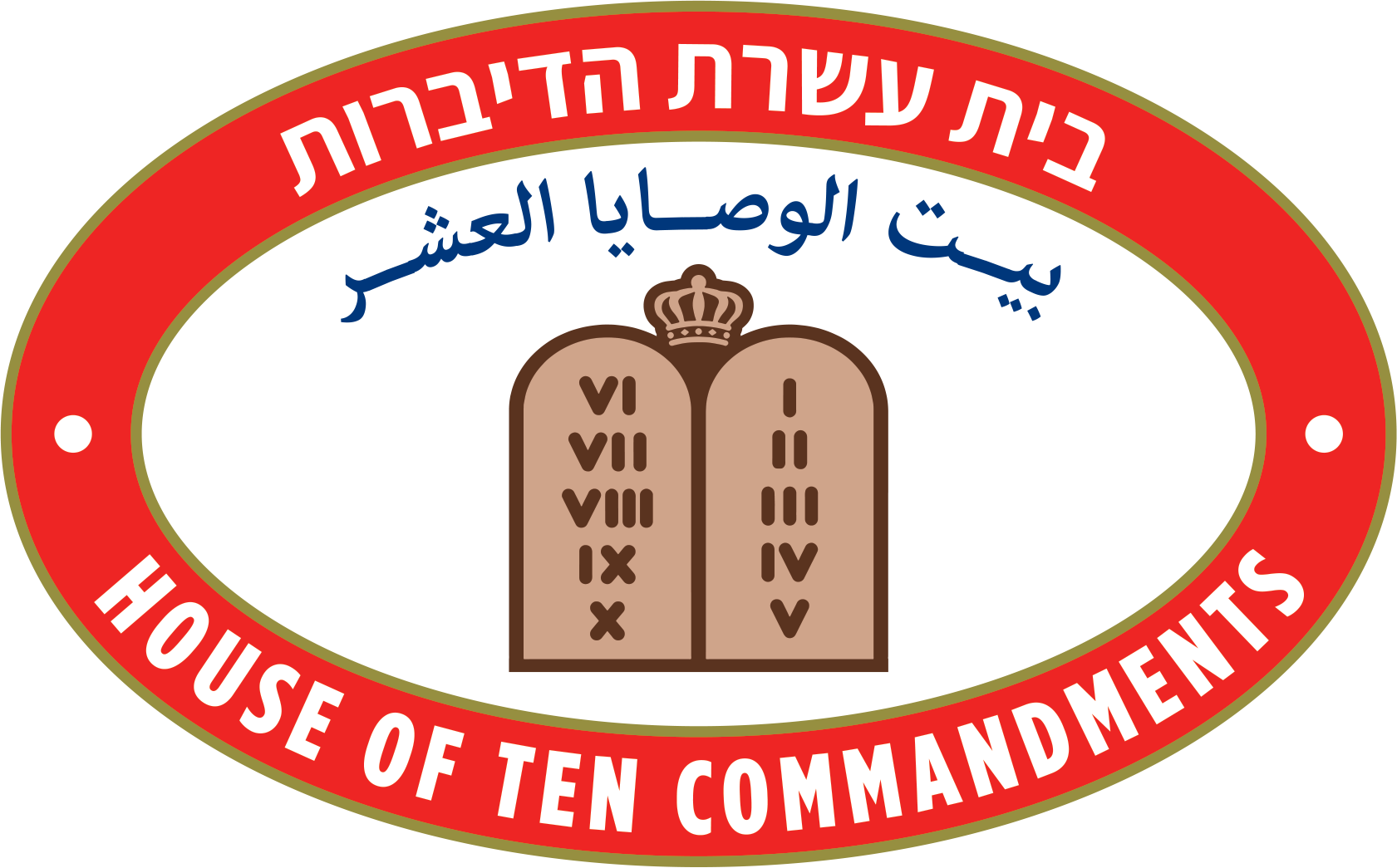From the Editor: Jews of Bahrain

Jews have lived in Bahrain since the time of the Gemara. They live well and coexist peacefully and are even on friendly terms with the king and the government.
After years in the shadows , they are now slowly stepping into the limelight, as the leaders of the Gulf kingdom and Israel prepare to sign a peace treaty. This will be Israel’s second such agreement in a few weeks, as the agreement or treaty with the United Arab Emirates was signed earlier this week in Washington, D.C.
On Sunday I spoke by phone with Ebrahim Dahood Nonoo, the leader and spokesman of the Bahraini Jewish community. His family’s attachment to Bahrain goes back almost 100 years.
The Jewish population in Bahrain today is only about 40 people in total. They have a shul, which, in a sense, is the center of life for the community. Today, however, as we enter Rosh Hashanah and the New Year of 5781, the shul is being renovated so it’s closed. They hope that as the world opens up and Jewish travelers begin to explore new experiences, Jewish life in the capital, Manama, where the Jews reside, will be energized.
“We will be observing Rosh Hashanah at home this year,” said Ebrahim. It is due to the renovation and also the fact of the pandemic, which is fairly widespread in the kingdom, with about 300 new cases daily in a country whose population is only 1.5 million people.
With the advent of the new diplomatic and eventual open relationship with Israel, Bahrain is going to become a pretty busy place, with the small Jewish community becoming a focus of the worldwide Jewish community.
That is indeed very exciting, but it is all in the future. For now, it is the history of the Jewish community in Bahrain that is so fascinating.
Ebrahim’s grandfather came to one of the islands in Bahrain back in the 1920s. Manama is a port entity on the sea and is the outpost between the Gulf countries and India, which affords great business opportunities to people in the trades. That is precisely why his grandfather moved from Iraq to Bahrain, which was a small British protectorate at the time.
Ebrahim speaks impeccable English with a hint of a British accent. I asked him where he learned to speak the English language so well. He said that at the age of 12 he was sent to boarding school in the United Kingdom where he was educated through the university level.
Not being acquainted at all with the nuances of Jewish life in Bahrain, I somewhat naively asked him if his parents sent him to school in England so that he could begin to receive some kind of Jewish education. Ebrahim chuckled a bit and said that was not the reason at all. He explained that even if the objective had been a yeshiva education, he would not have qualified because he did not know or ever study Hebrew.
The big secret that is slowly but surely becoming revealed to the public is that these peace agreements with UAE, now Bahrain, and soon Oman and Saudi Arabia are simply an acknowledgement of ongoing behind-the-scenes relationships that have existed between Israel and the Gulf countries.
The obstacle to open peace all these decades has been the inflexible position of the Palestinians who are still a problem and the one issue that will conceivably painfully slow down this breakthrough process toward full normalization with the Arab countries in the region.
A link to the agreements can be found online. There will be somewhat of a bumpy road ahead inside Israel, as the agreements have to be voted on by Netanyahu’s cabinet and by the full Knesset eventually. According to reports emanating from Washington, the agreements between both the UAE and Bahrain will be phased in over a number of years so as to assure, from the Arab perspective, that Israel does not implement sovereignty over Judea and Samaria which was the plan just a few months ago. This is a disappointment to the settler community where sovereignty is long overdue.
At this moment, it is not the details that are all that important. Right now, the objective is making certain that President Trump is reelected so the peace plans can proceed to be negotiated and effectuated uninterruptedly.
We need to understand that a major part of the Arab motivation here is to align themselves with Israel and the U.S. so as to block Iran’s hegemony and domination of the Middle East. An important step in the direction of achieving these objectives was President Trump’s withdrawal from the nuclear deal with Iran that was so vociferously opposed by Israel and the Gulf countries.
Upon the cancellation of that agreement by President Trump, former Secretary of State John Kerry said the result of that move would mean that Israel would become isolated and a pariah in the region. What is happening now is the direct opposite of that, and just an additional illustration of the Obama administration’s failed policies across the board.
So while these are moves with global implication, the captivating thing about it is how it will impact this tiny Jewish community in Bahrain and the Nonoo family specifically. As it was explained, the remnant of the Bahraini Jewish community consists of traditional Jews with no opportunity to have received any kind of real Jewish education. For example, Ebrahim said, when they gather for services in their shul, they pray in Arabic. Hopefully, over the short term, that will change.
Ebrahim Nonoo says that the original family name was Pinchas and that it was changed at some point as they settled in Bahrain. The origins of the family are mostly in Iran and Iraq.
Before the War of Independence in 1948, after the establishment of the state of Israel, the Jewish community in Bahrain consisted of about 800 members. Following Israeli independence there were riots in Bahrain, as in other Arab countries. The synagogue in Bahrain was burned and destroyed. Most of Bahrain’s Jews fled to Israel but this is the remnant. “We are Arabs who live in Bahrain and we are Jews,” Ebraham says.
Ebrahim Nonoo says that there is incredible religious diversity in Bahrain, with active Christian and Hindu communities. The Judaism that remains or exists in Bahrain is the result of the arrival of a man named Jacob Cohen from Bombay, India. Cohen was a rabbi who created a Jewish presence on the island. Bahrain is rich in pearls and a source that allows those in the industry to ship pearls from the Gulf to India. Ebrahim Nonoo says that one of the most active families in the pearl trade was the Cartier family who hailed from France. He says that the Cartiers built the first shul in Bahrain many years ago. I asked if he knew whether Cartier was Jewish, and he said he was unaware if they were Jews.
This is the beginning of a long process. Israel and these Muslim countries have been estranged from one another as a matter of accepted historical reality. These new moves are changing a reality that has existed forever. It doesn’t happen overnight or in any kind of magical fashion.
Until recently, a reference to Israel’s relationship with most of the Arab world was more about war than anything else. Now we are watching the words of the prophet Isaiah come alive: “And He shall judge among the nations and shall rebuke many people; and they shall beat their swords into plowshares and their spears into pruning hooks; nation shall not lift up sword against nation. Neither shall they learn war anymore.”
